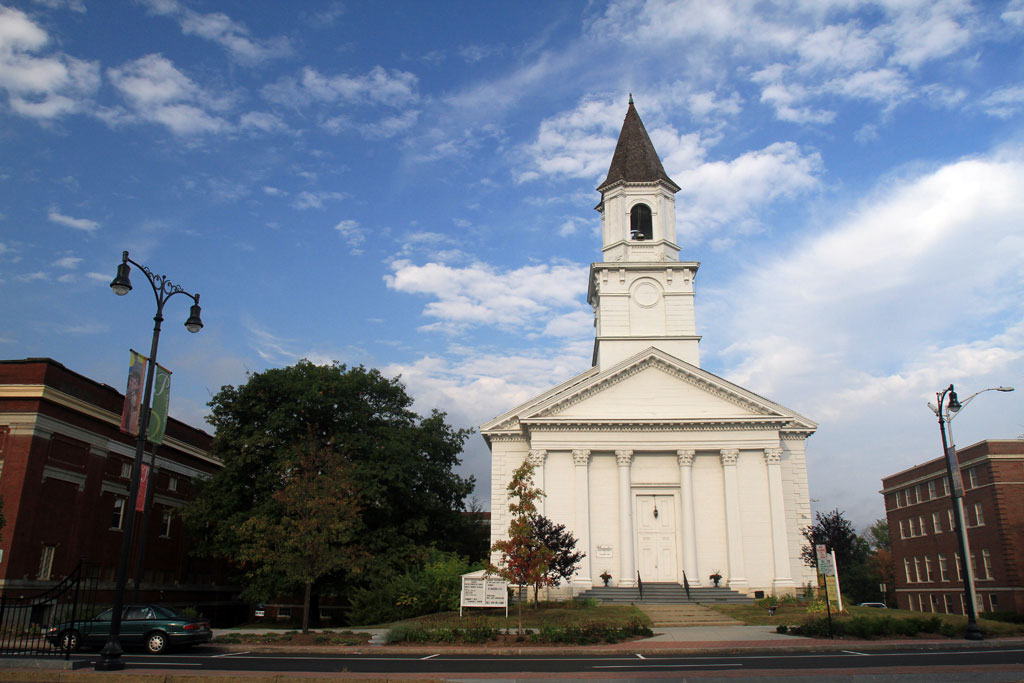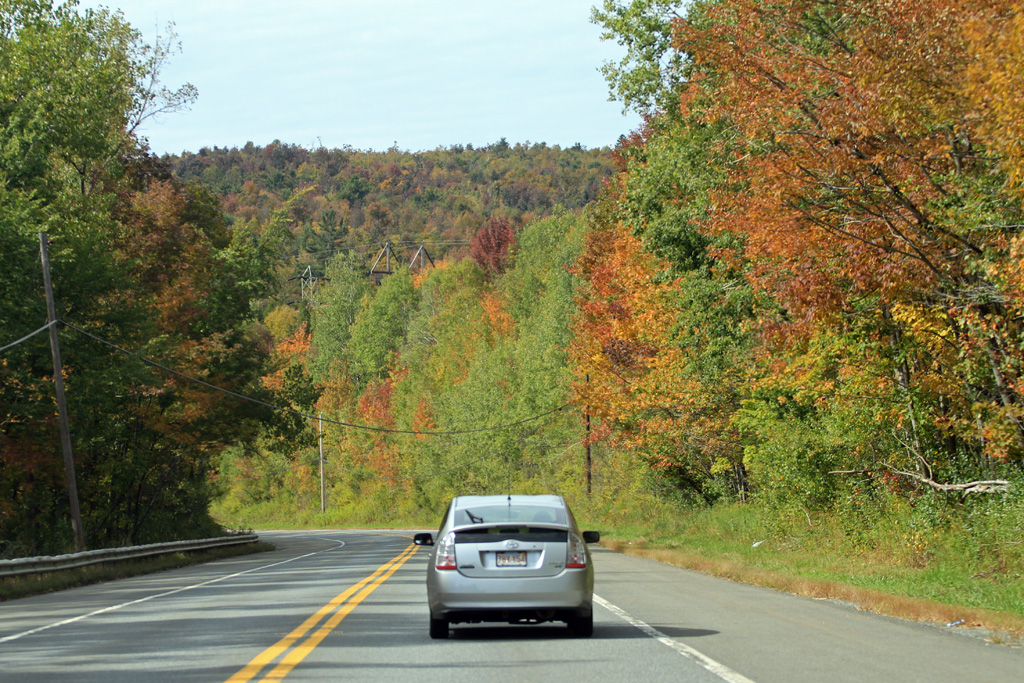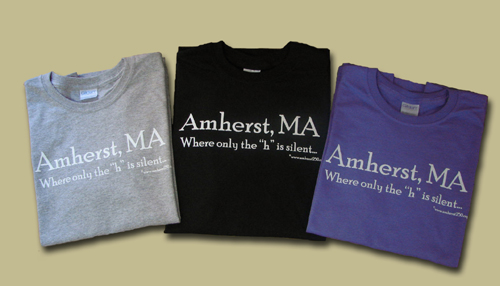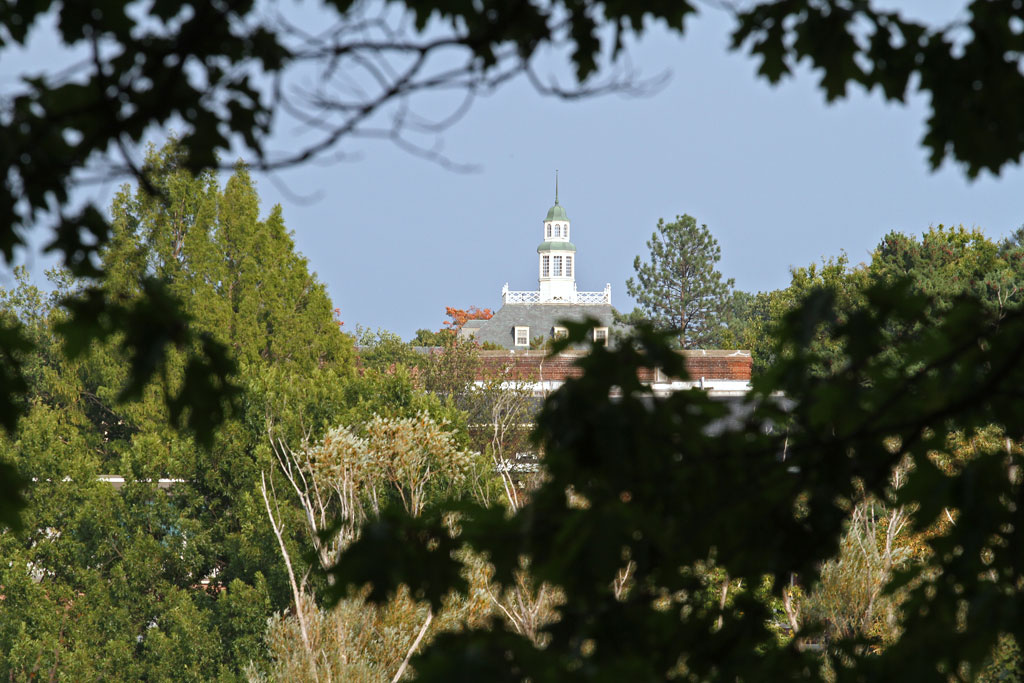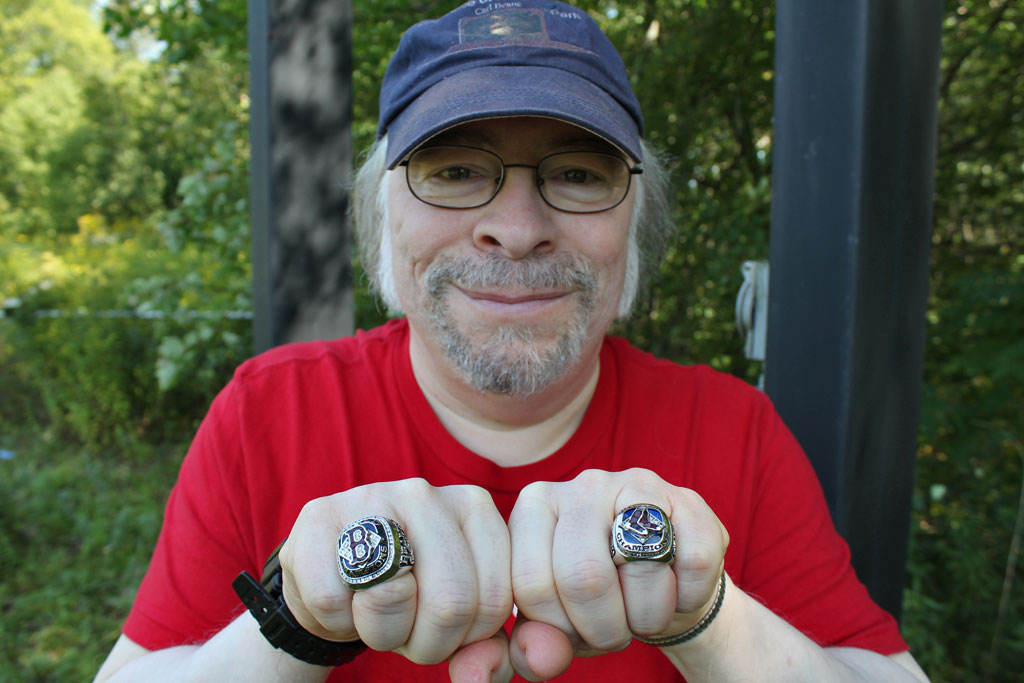Published September 22, 2010
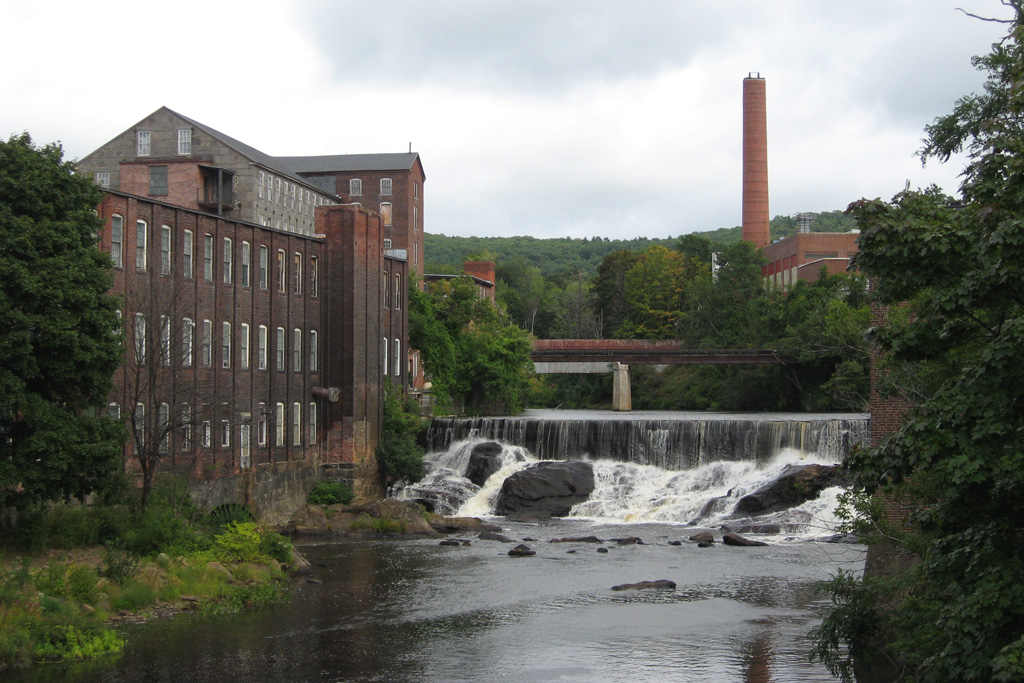
This place is beautiful. (David Boeri/WBUR)
You can be forgiven for not knowing Ware, a once-thriving mill town in central Massachusetts, where Morning Edition has been broadcasting live as part of our week-long road trip.
Driving here in the pre-dawn hours, 100 percent of the commuter traffic was heading the other direction, west, toward Amherst, where I stayed last night — there are no hotels here.
This town of 10,000, with an unemployment rate hovering at more than 10 percent, is heartbreaking. This morning, WBUR’s Bob Oakes tells the story of Mike McCarthy, who was laid off 15 months ago. Used to be you could get fired or just walk out of a factory and have a new job, at another factory, five minutes later. Now McCarthy can’t hold on to any work for more than a short stretch.
Bob asked McCarthy to think of the last thing he bought that he did not need. “It was my engagement ring for my girl,” McCarthy said.
[googlemap title=”Ware, Mass.” align=”right” url=”http://maps.google.com/maps?ll=42.259815,-72.239802&spn=0.041989,0.070896&z=14″]
Our makeshift broadcast booth is set up in a vacant storefront on Main Street. The ceiling is falling down. The space is used to store artificial Christmas trees and electric-light displays.
By our count, a full 25 percent of the stores on this stretch are shuttered. The town’s longtime AM radio station with the killer call letters, WARE 1250 AM, has left for neighboring Palmer. Even WBUR’s FM signal drops off for good in the next town over, Warren.
WBUR’s David Boeri, who lives in nearby Petersham (which you haven’t heard of either), describes the Quabbin region as “achingly beautiful.”
But, he says, “you can’t eat the scenery.” Wal-Mart is the biggest employer here, but it doesn’t pay a living wage. There are dollar stores, a McDonald’s and strip malls, too. But you have to turn off Route 9 and take Route 32 to get there.
